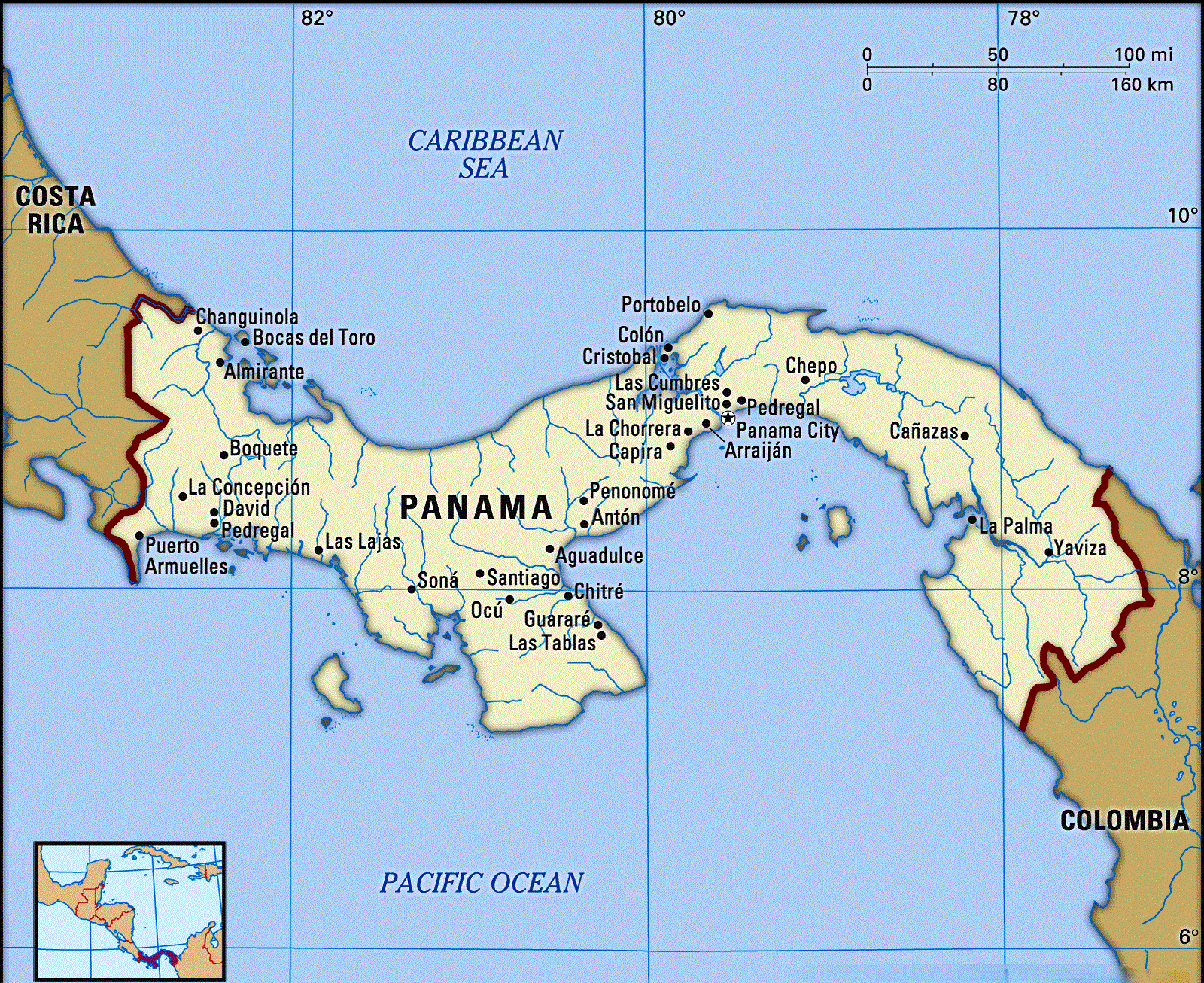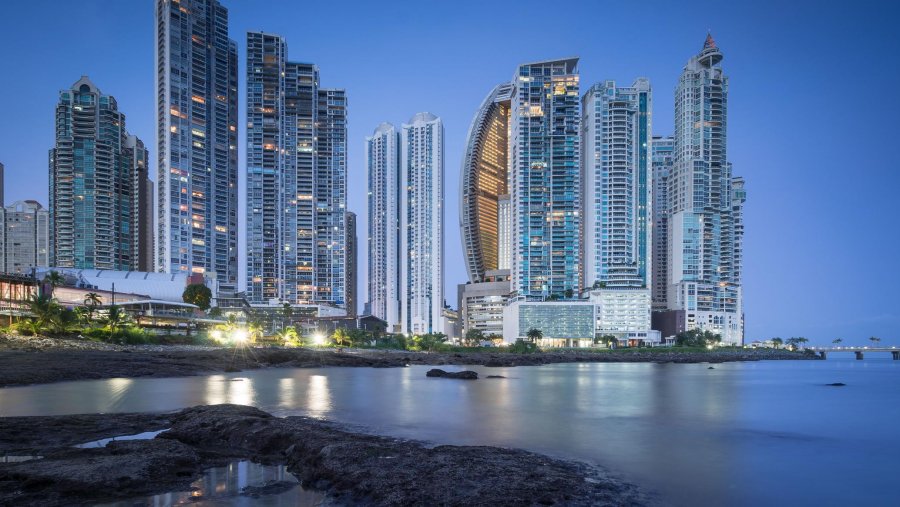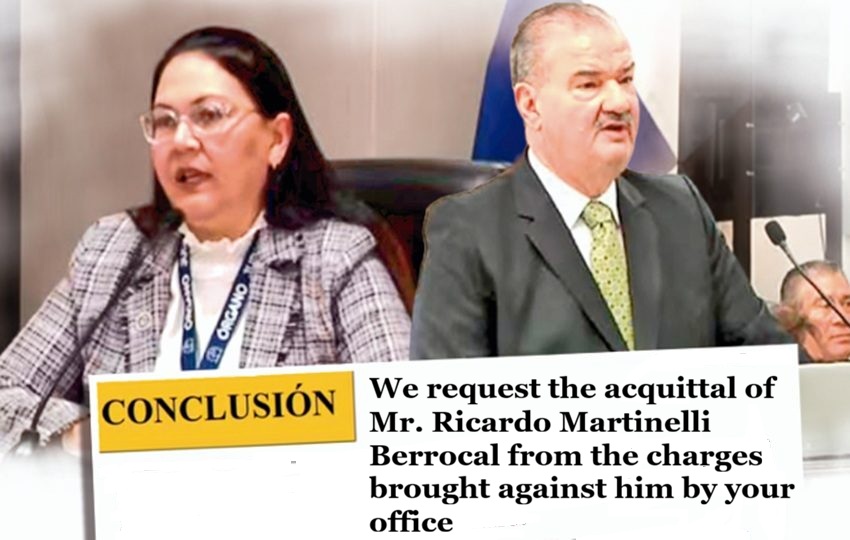Survey Suggests that Panamanians Question Damage During Protests However Offer Support
The survey also tracked Panamanians’ opinions on the possible reopening of the Donoso mining project.

The majority of Panamanians support the protests, including actions such as road closures, although they recognize their impact. The latest Panamá survey revealed that Panamanians see the protests as a reflection of social discontent and rejection of the government. They also believe the use of force to contain them has been excessive. The survey was conducted between June 22 and 25, 2025, in eight provinces of Panama, excluding Bocas del Toro and Darién, among 1,512 people. The margin of error is 2.5%. The results are clear. 56.2% of respondents agree with street and road closures as a means of protest.
On the other hand, 52.8% stated that economic rights, the right to movement, work, education, and health are being affected. “This internal tension suggests an emotional duality: the motive is shared, but not always the means or the impact generated. Citizens seem to say yes to the cause, but with limits on the form,” Prodigious Consulting explained. The question comes after months of nationwide protests against Law 462 of the Social Security Fund (CSS), the reopening of the mining project, and agreements signed with the United States, such as the memorandum of understanding on security and the commitment to find a mechanism to allow U.S. vessels to pass through the Panama Canal “first and free.”
President José Raúl Mulino has stated in his weekly press conferences that many protests are made up of paid individuals, manipulated by union or trade union leaders, or by those seeking political prominence. However, those surveyed consider the protesters’ outcry to be genuine. “Panamanian citizens attribute the protests to a genuine and deeply social origin. 34.1% believe that those protesting are doing so to fight for their rights and those of the people, followed by 27.3% who say it’s because they see no other way to be heard, and 23.9% who attribute it to discontent with the government. In contrast, delegitimizing explanations (such as payment, manipulation, or seeking prominence) account for only 13.6%,” the pollster explained.
“This creates a clear narrative: the protests are seen as an authentic expression of citizen discontent, not as the product of hidden agendas.” Regarding their impact, the majority believe they affect “everyone equally” (51.9%) or “the people” (36.1%), suggesting a perception of shared social costs, rather than those directed against political power. The scant mention of the government as being affected (1.7%) reinforces the idea of a structural disconnect, where the costs of tensions fall on citizens while the state remains unaffected,” he concludes.
Citizens were also highly critical of the national government’s response to the protests. 88.9% of Panamanians disapprove of the government’s handling of the protests, an overwhelming critical consensus. At the same time, 74.5% consider the National Police’s use of force to have been excessive, while only 12.2% consider it appropriate. “The coexistence of these two negative judgments suggests a double loss of legitimacy: citizens not only reject the political response, but also the repressive operationalization of the conflict. In this context, protest gains strength as a symbol of justified discontent, while the state remains trapped in an image of disconnection, authoritarianism, and lack of social sensitivity,” the survey notes.
Mining
The survey tracked Panamanians’ opinions on the possible reopening of the Donoso mining project, which President Mulino has indicated he intends to resume. In July 2024, 64.3% of respondents opposed reopening the mine. Since then, four surveys have been conducted, in October 2024, January 2025, March 2025, and now in July 2025. In all, opposition remained above 60%, reaching its highest point in October 2024 at 66.3% and its lowest in March 2025 at 60.6%. Now, opposition has increased 3.3 percentage points to 63.9%. Despite statements from the president and the business community about the importance of the project, 61% of those surveyed do not believe the national economy would improve if the mine were reopened.





